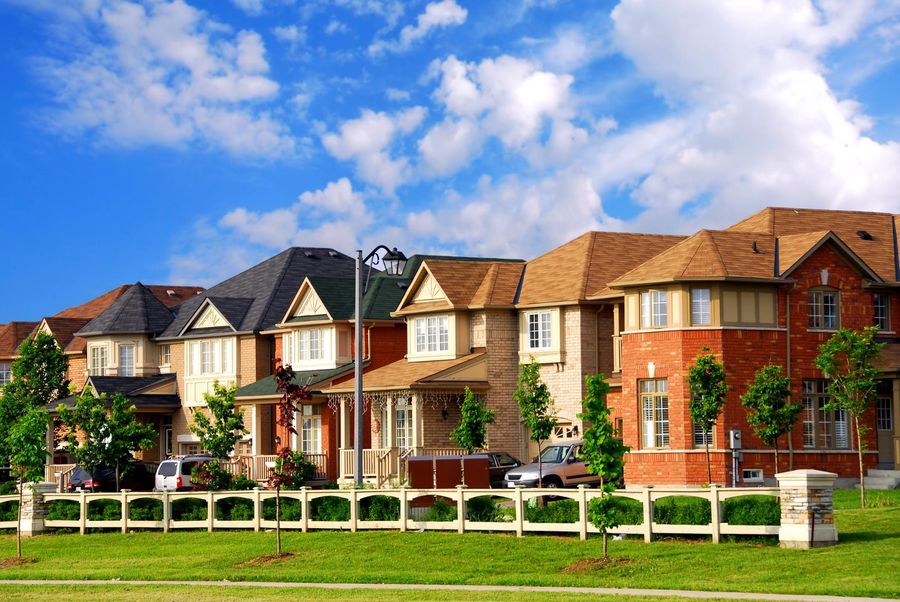A succession of government policies has tried to regulate Vancouver’s housing prices, to little avail. Now Amazon.com Inc. may give Canada’s costliest market another push towards ever-dwindling affordability.
The Seattle-based company is planning to increase its Vancouver workforce five-fold to 5,000 by 2022 – mostly high-tech positions, Amazon general manager of web services Jesse Dougherty said.
“It’s no joke for any metro when Amazon comes in, especially in a mid-market city,” according to Aaron Terrazas, senior economist at real estate portal Zillow Group Inc., which calculated that Seattle rental prices increased by 50% and home values nearly doubled since Amazon’s start as a bookseller in the mid-1990s.
Seattle was a city of about 3 million people – roughly on par with the population of Greater Vancouver – before Amazon’s workforce exploded from about 5,000 workers in 2010 to about 40,000 today, helping turn it into one of the fastest-growing U.S. cities, Terrazas explained.
“It’s the Amazon effect,” he told Bloomberg. “Amazon attracts other companies that also want that talent so they build, have offices next door or adjacent to it – supply becomes a challenge.”
Read more:
Amazon now occupies more office space in Seattle than the next 40 largest employers in the city combined, according to a study by real-estate data firm CoStar for the Seattle Times last year. Rent increases in neighbourhoods that experienced the biggest influx of those workers have risen 65% faster over the past five years than areas with the smallest influx, according to Zillow.
Anything similar in Vancouver could create additional pressure in an already strained market. Vancouver’s supply of available rentals has remained below 1% for three years in a row. The price of a benchmark home has risen 91% in a decade. Government attempts to ease prices – including a 20% provincial tax on foreign buyers, a city tax on empty homes, as well as stricter federal mortgage rules – have made little difference: prices are up 16% in the past year.
Ephraim is currently a journalist at Mortgage Broker News, Real Estate Professional and Canadian Real Estate Wealth.
Ephraim is a highly accomplished news reporter whose work has been published across North America and the Asia Pacific region. Before joining Key Media, Ephraim spent eight years working as a journalist with Reuters TV. His areas of expertise include real estate, mortgage, and finance.
LinkedIn | Email









